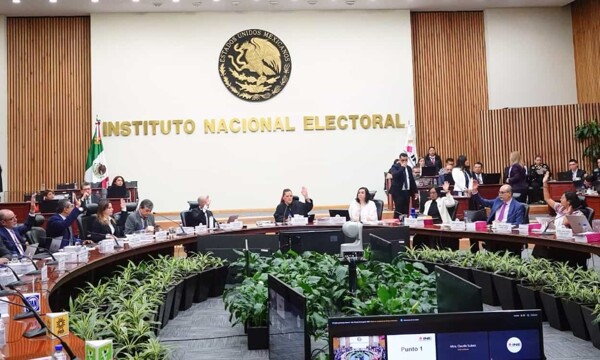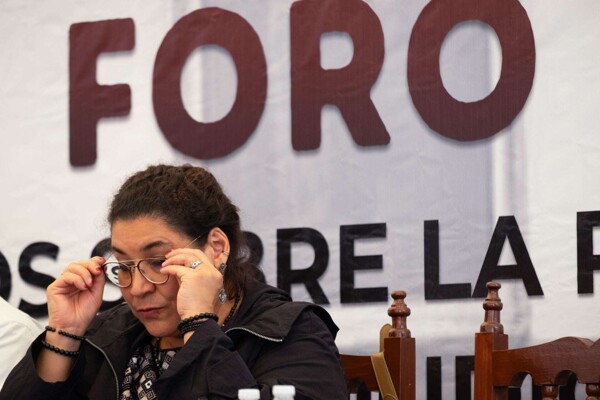
Various companies have plans to set up the manufacturing of their car models in Mexico, some awaiting developments in the United States and others advancing with their projects. For example, Toyota and Audi are leading the way in this regard. Toyota, under the direction of Luis Lozano, and Audi, led by Tarek Mashhoour, will soon launch the new Audi Q5 at the Puebla plant. This will be the first car of this model produced at that plant.
The Audi Q5 is a compact, affordable, and electric car, a project promoted by President Claudia Sheinbaum. However, details about this car are scarce. It is important to remember that Chinese brands have also been growing in the Mexican automotive market.
In 2021, China was the main investor in Mexico in electromobility, followed by countries such as Germany, the Netherlands, South Korea, and the United States. Competition in the automotive market, already intense, will continue to rise.
On another note, Formula 1 is about to arrive in Mexico, generating expectations and promoting sponsor brands like American Express and Visa. Despite the presence of national drivers like Sergio Pérez, the performance of Esteban Gutiérrez is also noteworthy, who now leads Driver One, the distributor of official Formula 1 merchandise in the region.
The maintenance of hydraulic infrastructure in Mexico has been a significant topic this year, with investment aimed at addressing the water crisis. However, it was found that only a minimal portion of that investment was for the rehabilitation of dams. Engineering students at the College of Civil Engineers of Mexico, chaired by Mauricio Jessurun, point out that the lack of maintenance of hydraulic infrastructure is a significant challenge in the country.
Finally, the telecommunications company Telcel, led by Daniell Hajj, has sparked controversy on social media due to changes in the conditions of its data services. The "unlimited" plans do not seem to be that unlimited, leading users to review their settings and find ways to control their data consumption.














